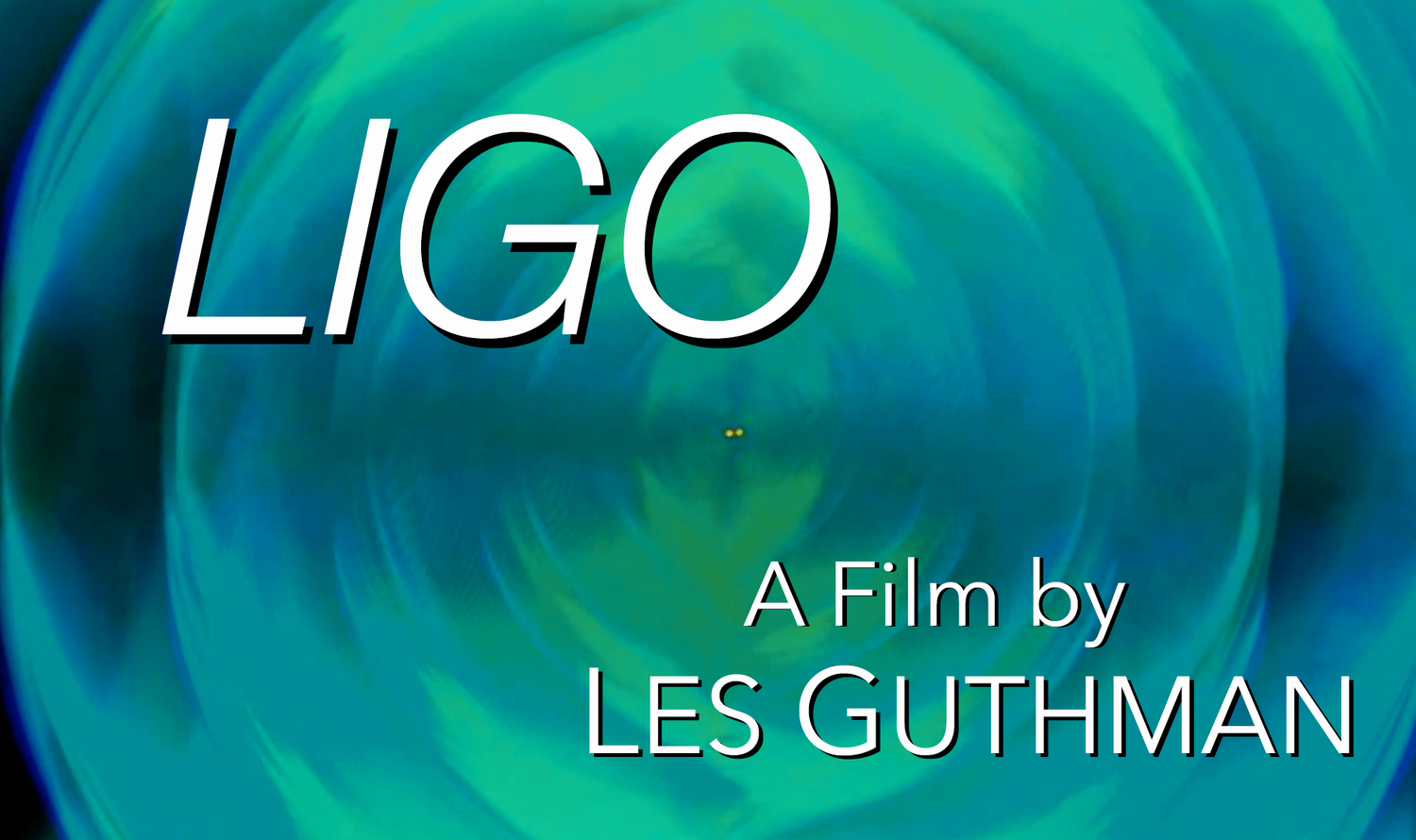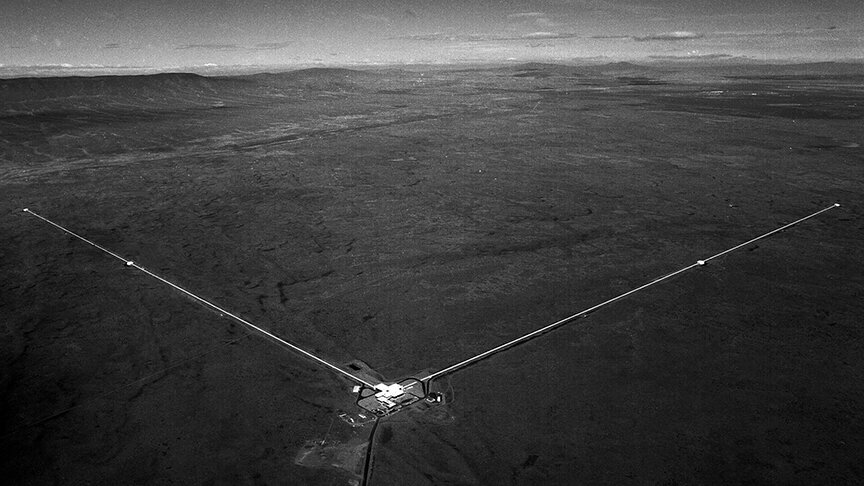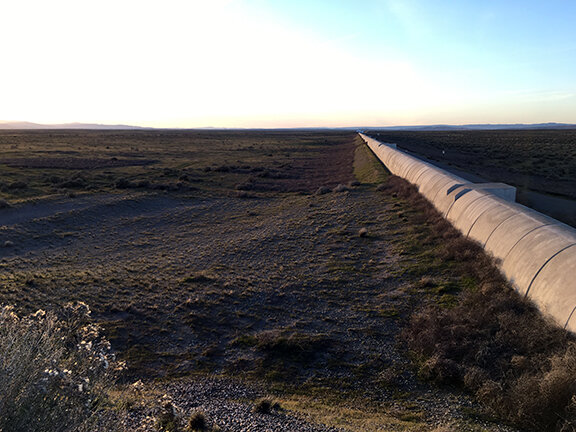
"I don't think I have ever seen a better presentation of how science is done.”
— Rai Weiss, Nobel Prize winning creator of LIGO.
“When we look back on the era of the Renaissance and ask ourselves, “What did the humans of that era give to us that’s important to us today?” I think we would all agree it’s great art, great architecture, great music. Similarly, in a few hundred years when our descendants look back on this era, and they ask themselves what were the great things that came to us from this era, I believe they will be a fundamental understanding of the laws that control the universe, and an understanding of what those laws do in the universe, an exploration of the universe. LIGO is a big part of that.” — Kip Thorne, 2017 Nobel Prize in Physics, for LIGO
“Everything fell in place to make this a great project. But, your ability to immerse yourself into our complex culture and project, distill the essentials, put them onto film and then make it interesting for viewers is truly impressive.”
— Barry Barish, 2017 Nobel Prize in Physics for LIGO.
“This discovery is the kind of achievement that happens only a few times a century.“ — Brian Greene, theoretical physicist and best-selling author.
"I have never seen a better science documentary.” — Richard Isaacson, National Science Foundation program director, 1973-2001
“I really appreciate you highlighting all these female scientists and the work they've been doing. Their passion was electrifying!” — Stavroula Toska, screenwriter, director, producer, production executive.
In the spring of 2015, we were invited by Caltech and the LIGO Laboratory to make the definitive inside documentary about the expected discovery of gravitational waves from deep space, after a 50-year search. The discovery would open up the 95% of the universe we’ve never seen before - the violent, “warped side,” as Caltech’s Kip Thorne famously called it. (Kip also was the creator of the feature film, INTERSTELLAR.) The documentary would be a collaboration with Caltech, MIT and LIGO, the international collaboration of more than 1,000 physicists and engineers, which already had spent $1 billion building and perfecting its two giant detectors in Louisiana and Washington State.
LIGO Livingston Observatory, Livingston, LA
We began production that August with a two-day shoot at Caltech, a few weeks before the launch of Advanced LIGO, the project’s $200 million five-year upgrade. We interviewed Kip Thorne and Barry Barish (both later would win the 2017 Nobel Prize in Physics, along with MIT’s Rai Weiss), but we told them it would be brief. We wanted to continue filming them (and everyone else) over time, as events unfolded, so they could chronicle LIGO in the present tense, as discoveries were happening, not in the past or future tenses. The present tense of science and discovery is where the thrill communicates on camera, as director Les Guthman has documented throughout his career.
Barry Barish interviewed August 12, 2015 in Caltech’s historic Richard Feynman Lecture Hall
And we were there, as we hoped, for every twist and turn in what became a stunning, thrilling, unprecedented two-year run of mind-bending discovery.
Everyone had told us it would be “a year or two” before the detection would be made. But not long after we interviewed Thorne and Barish, we were at the LIGO Livingston Observatory outside of Baton Rouge, in great good fortune, on the day the historic signal came in. The waveform was a remnant and messenger from the first detected cataclysmic collision of two black holes. Almost everyone at LIGO, around the world, was taken by complete surprise.
Gravitational Wave images and waveforms as detected by LIGO’s two observatories
We filmed as they kept the detection secret for another tense and emotional four months until all doubts were dispelled and their discovery paper was accepted for publication. We continued through 2016, 2017 and the equally stunning detection of two colliding neutron stars, which ignited a gamma ray burst-kilonova light show that became the most observed cosmic event in history. Telescopes and satellite-based cameras around the world turned in a matter of minutes to catch it. We raced to CERN ten days later, where LIGO was holding its semi-annual meeting. The air was electric with discovery.
That fall, our three principal characters, Kip Thorne; Rai Weiss, who spent 50 years perfecting the exquisite sensitivity of the detectors; and Barry Barish, who “saved” LIGO from warring factions and built the two detectors; won the Nobel Prize in Physics. Our last shoot was a magic, icy December week in Stockholm with them.
Super Computer Image of GW150914 Colliding Black Holes
Four years and a Nobel Prize later, NATIONAL GEOGRAPHIC named LIGO first on its list of the “Top 20 Scientific Discoveries of the Decade,” and the discoveries are seriously compared with Galileo’s invention of the telescope in opening up a new way of viewing the universe.
In writing and editing the documentary, we knew we had filmed a once-in-a-lifetime inside story about one of the most profound achievements of the human mind: The theory, general relativity, going back 100 years to Einstein and several decades to Hawking and so many others; Weiss’s vision and ingenious perfecting of an instrument that could detect a wave of warped space the size of one atom in the distance between the earth and the sun. And the data analysis, which after a decades-long quest, could “read” that signal from an unknown, surprise event, and tell us it was the collision of two black holes 1.4 billion years ago, one black hole 35 times more massive than the sun and the other 30 times more massive — a collision that released in less than two-tenths of a second an amount of energy equal to three suns exploding. “LIGO” is also the story of a relentless search for truth, which we hoped would resonate.
And they were rebel scientists all, great characters, because this was a sketchy corner of physics, one laced with false claims over the years, controversial up until the moment the detection came in. We chose to take the audience deep into their world for 90 minutes. And what a cool, affirming world it is. And mind bending, if not terrifying, as they witnessed for the first time the violent, warped side of the universe.
LIGO Hanford Observatory, Hanford, WA
“Earth vs. Curved Space” Poster
We love this certificate for our audience award from the Ierapetra International Documentary Film Festival in Greece.
“LIGO” is a Production of the Advanced LIGO Documentary Project
and XPLR Productions
(c) 2025 XPLR Productions, LLC




















